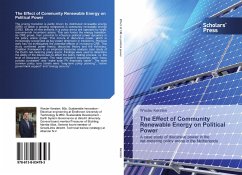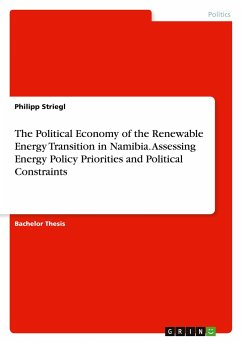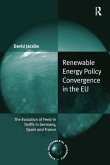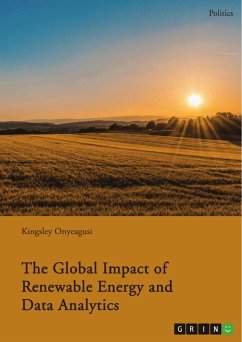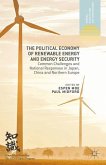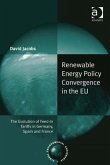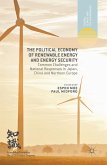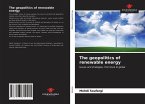The energy transition is partly driven by distributed renewable energy (DRE) of which a growing component is community renewable energy (CRE). Efforts of new entrants in a policy arena are opposed by large, resource-rich incumbent actors. This can hinder the energy transition. As CRE grows, their potential to influence political power dynamics in the policy arena grows. This occurs in discursive power, which is increasingly recognized as key power dimension in transitions. Previous work has not investigated the potential effects of increasing CRE. This study combined power theory, discourse theory and the Advocacy Coalition Framework in an empirical discourse analysis case study of the Dutch net-metering policy arena. Findings were used to determine the ability of the discourses to affect the policy making process, i.e. the level of discursive power. The most prevalent discourses were ¿keep policies consistent¿ and ¿make solar PV financially viable¿. The most common policy core beliefs were ¿long-term policy planning¿, ¿active government support¿ and ¿energy security¿.
Hinweis: Dieser Artikel kann nur an eine deutsche Lieferadresse ausgeliefert werden.
Hinweis: Dieser Artikel kann nur an eine deutsche Lieferadresse ausgeliefert werden.

